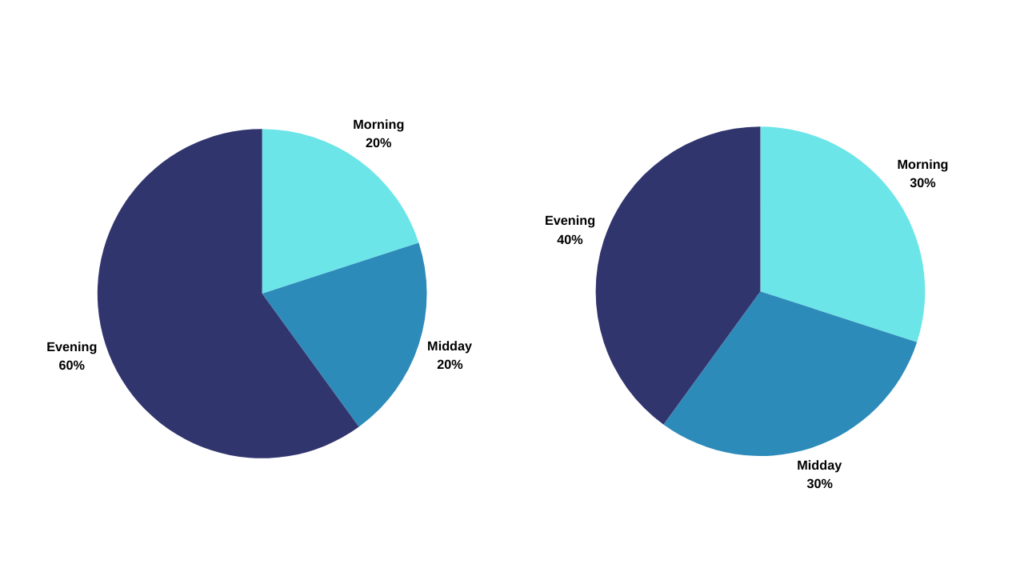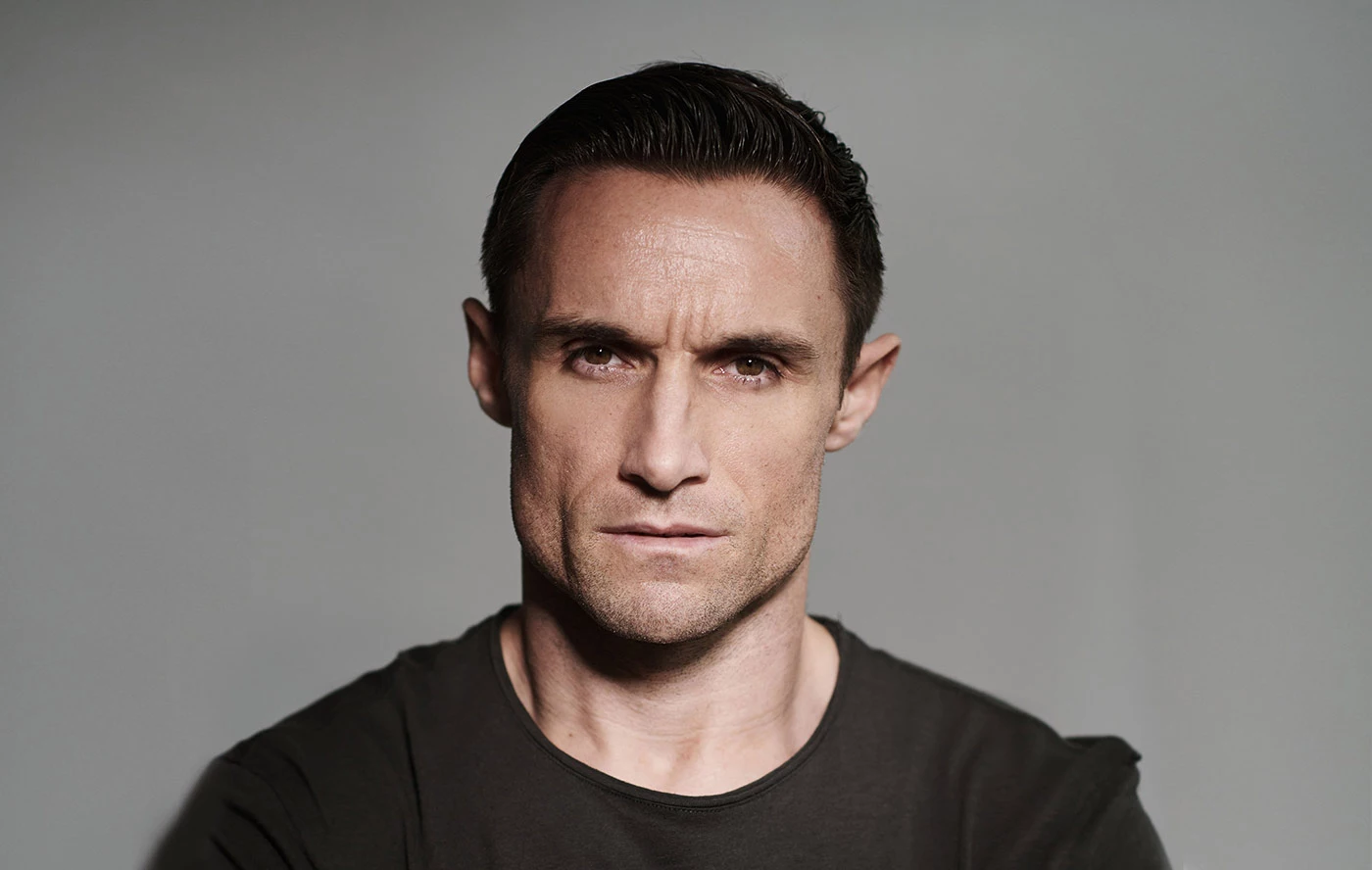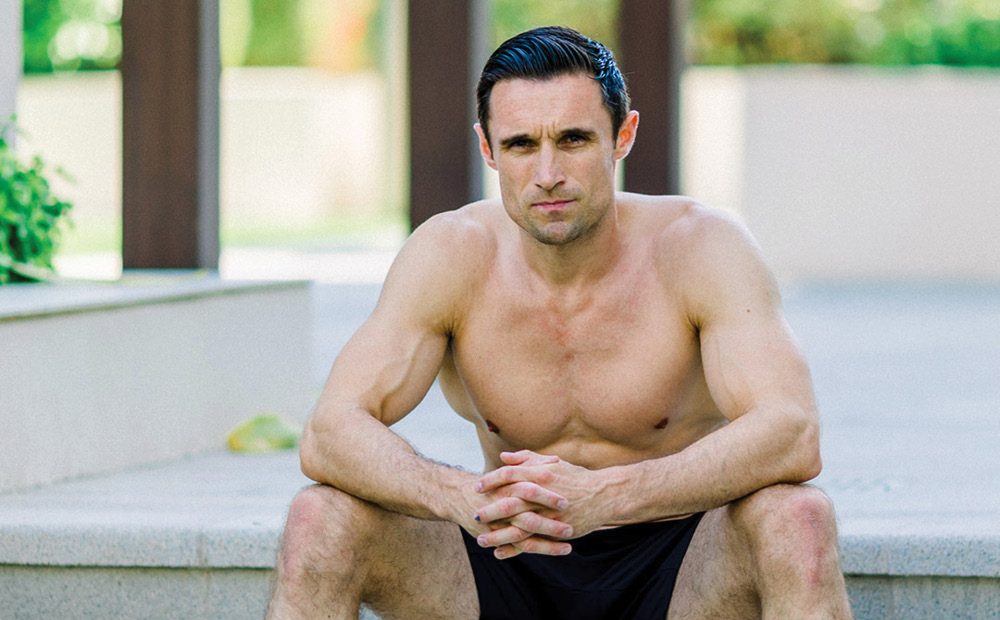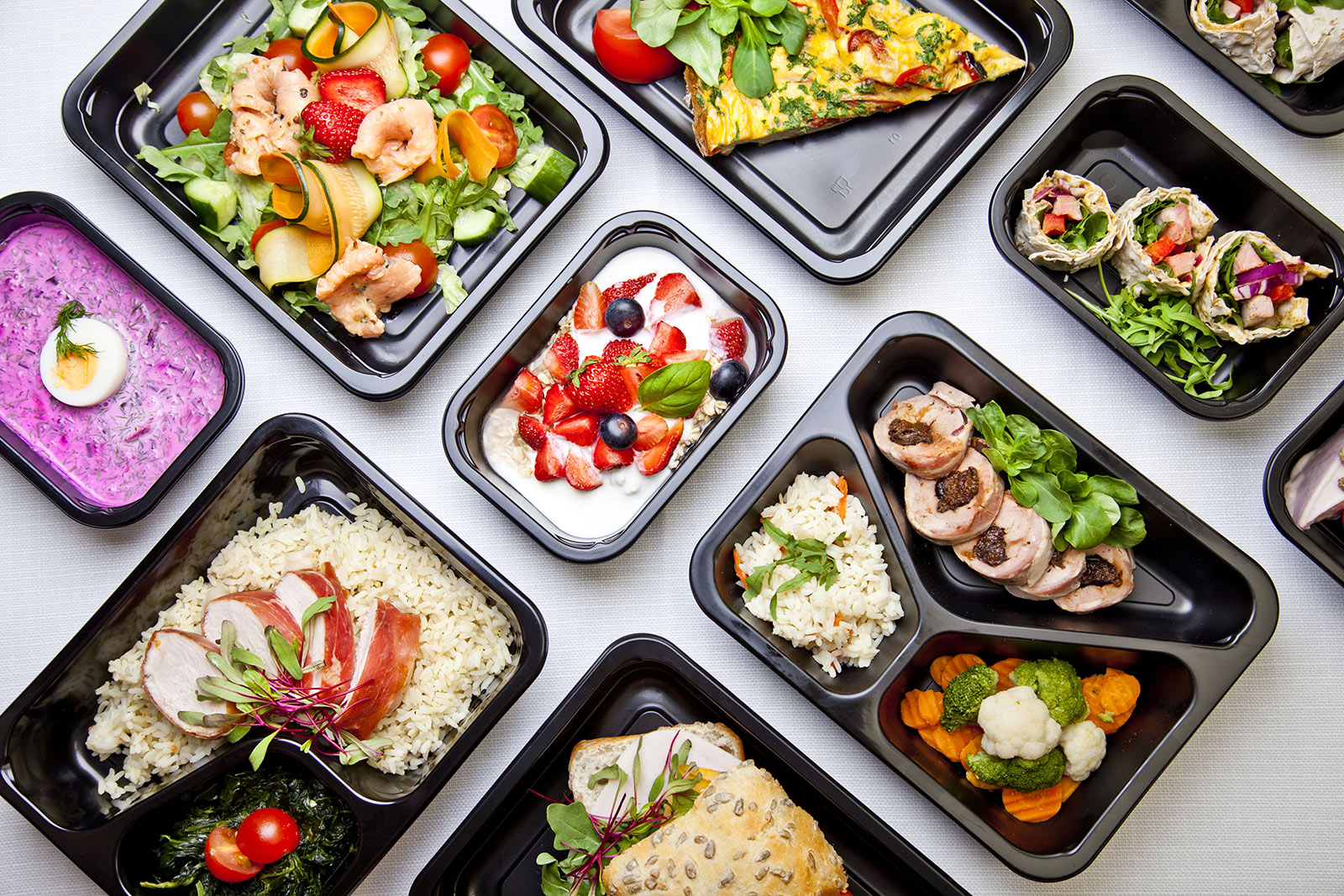The Science of Staying in Shape: Your Ultimate Guide to Fat Loss Success
As a personal trainer with over three decades of experience maintaining peak condition while traveling from Coventry to London and now Dubai, I’ve helped countless entrepreneurs and business professionals achieve remarkable transformations. What sets my approach apart isn’t just the impressive fat loss before and after results we achieve – it’s the sustainability of these results. Whether you’re struggling to lose weight or looking to optimise your current routine, this comprehensive guide will show you exactly how to achieve sustainable fat loss while maintaining your busy lifestyle.
Why Most People Fail at Fat Loss: Understanding the Real Challenges
If you’re wondering “Why am I not losing weight in a calorie deficit?” or finding yourself gaining weight on calorie deficit, you’re not alone. From my extensive experience working with high-performing individuals, I’ve identified several key reasons why people struggle:
1. Inconsistent Tracking: Many claim to be in a calorie deficit but aren’t accounting for weekend overconsumption
2. Poor Food Quality: Relying on processed foods makes maintaining a deficit much harder
3. Inadequate Protein: Not knowing how to up protein intake properly
4. Unrealistic Approaches: Trying to follow overly restrictive plans that don’t fit their lifestyle
The truth is, many people overcomplicate what it takes to achieve sustainable results. I’ve maintained my physique while eating delivery food every evening and traveling constantly – it’s about understanding the principles and applying them correctly. See the incredible fat loss before and after pictures from our “Built to Last” community members who transformed their bodies while managing demanding careers and busy lifestyles.
The Foolproof Framework for Extreme Fat Loss: A Systematic Approach

Before implementing any personalised diet plan, you need to honestly address these crucial questions:
1. How do you feel about your current weight?
– Are you feeling great, okay, or unhappy?
– How is your current weight affecting your confidence?
– What impact is it having on your personal and professional life?
2. Where do you want to be in 4 weeks?
– What’s a realistic target that would make you feel better?
– How many pounds do you want to lose?
– What specific changes do you want to see?
3. Why is this change important to you?
– What will achieving this goal enable you to do?
– How will it impact your relationships and career?
– What’s the emotional driver behind your goal?
This emotional foundation is crucial because motivation doesn’t last – you need deeper reasons to stay consistent when challenges arise.
Mastering Food Management and Calorie Control: A Revolutionary Approach
When it comes to calorie controlled meals, I’ve discovered through years of working with busy professionals that the traditional approach of eating 6-7 meals per day simply isn’t realistic. Instead, I’ve developed this revolutionary calorie distribution that actually works in the real world:
Morning (20-30% of daily calories):
– Focus on protein intake to build muscle
– Keep portions moderate but satisfying
– Include quality food choices that energise you
– Aim for 25-30g protein minimum
– Consider protein shakes if needed to boost protein intake
Midday (20-30% of daily calories):
– Maintain steady energy levels through balanced meals
– Continue to boost protein intake with lean sources
– Include nutrient-dense foods for sustained energy
– Plan for meetings and work commitments
– Keep meals practical and portable if needed
Evening (40-60% of daily calories):
– Larger portions when you naturally want to eat more
– Perfect for social occasions and family meals
– Maintain high protein intake while enjoying variety
– Account for restaurant meals and social events
– Allow flexibility while maintaining structure

The Power of Protein and Movement: Building Your Physical Foundation
Understanding how to determine protein intake is crucial for anyone pursuing fat loss while maintaining muscle. The first step is learning how to increase your protein intake systematically throughout the day. This means planning your meals around high-quality protein sources and potentially incorporating protein supplements when whole food sources aren’t practical. Using supplements like creatine for fat loss support can be particularly beneficial, as it helps maintain muscle strength and performance while in a caloric deficit.
Maintaining muscle while in a calorie deficit requires careful attention to both timing and total protein intake. I recommend spreading your protein consumption across your meals, with particular attention to your post-workout window. The best sources of protein will depend largely on your lifestyle and preferences – what works for someone who can prepare fresh meals throughout the day might not work for someone who travels frequently for business.
Many clients ask, “Can I build muscle in a calorie deficit?” While it’s challenging, with proper protein intake and training, you can maintain and even build some muscle while losing fat. This is where strategic supplementation becomes crucial to your success. A well-planned supplementation strategy begins with understanding how to properly implement creatine and other fat loss protocols. The timing of your supplements should align with your daily routine and workout schedule to maximise their effectiveness.
When it comes to supplements, quality and dosage considerations should be your primary focus. Not all supplements are created equal, and it’s essential to choose products that provide the best value for your investment. Integration with meal timing is another crucial factor – your supplements should complement your nutrition plan, not replace proper meals. I always advocate for a cost-effective approach to supplementation, focusing on the essential supplements that will give you the most bang for your buck while supporting your fat loss and muscle maintenance goals.
The Movement Formula for Success: Beyond Basic Exercise
The best sport to lose weight isn’t necessarily the most intense – it’s the one you’ll stick to consistently. I’ve helped hundreds of clients optimise their movement patterns for maximum results:
Daily Movement Strategy:
– Achieve 7,000+ daily steps through:
– Morning walks before work
– Lunchtime movement breaks
– Evening activity with family
– Weekend active recovery
– Progressive increase in movement:
– Start with current average daily steps
– Add 1,000 steps per week
– Monitor energy levels and recovery
– Adjust based on results
Training Protocol:
– Regular weight training (3-4 times per week)
– Focus on compound movements
– Progressive overload principles
– Recovery management
– Time-efficient workouts

Creating Your Custom Diet Plan: The Blueprint for Success
Let me tell you straight – the best fat loss burner isn’t some fancy supplement. It’s proper food management and consistency with your eating plan for muscle gain and fat loss. I’ve seen this work time and time again with my clients, and I’m going to break it down for you.
First, you need to get serious about tracking your numbers. This means monitoring your average daily calories burned with absolute precision. Look, I’ve had countless clients come to me saying they’re tracking, but they’re missing the crucial details. You need a reliable tracking app that accounts for everything – and I mean everything. From your morning coffee to those cooking oils you use to prepare your meals, it all counts. And here’s where most people mess up – they track perfectly Monday to Friday but let it slide on weekends. That’s not going to cut it. You need to track weekend calories just as accurately if you want real results.
When it comes to weight tracking, consistency is key. Weigh yourself daily at the same time – I prefer first thing in the morning after using the bathroom. But don’t get hung up on daily numbers. Instead, calculate weekly averages and look for trends. I have my clients adjust their approach based on 7-day patterns, not daily fluctuations. This gives you a much clearer picture of what’s really happening with your body.
Now, let’s talk about quality food. This is absolutely crucial for your custom diet plan. You need to focus on the best quality food you can get your hands on. I’m talking about single-ingredient foods, lean protein sources, complex carbohydrates, and healthy fats. This isn’t just about calories – it’s about giving your body the nutrients it needs to perform. One of the best strategies I’ve found is preparing calorie controlled ready meals in advance. This means batch cooking, understanding portion control, and knowing how to store and reheat your meals properly. And yes, I’ll even teach you how to order at restaurants without derailing your progress.
Meal timing is another game-changer in your personalised diet plan. You need to structure your meals around your schedule in a way that works for you. This means optimising your morning energy, nailing your pre and post-workout nutrition, and ensuring evening satisfaction without going overboard. But here’s the real key – you need social flexibility. I’ve maintained my physique while traveling from Coventry to London to Dubai, so I know a thing or two about making this work in the real world. You need strategies for restaurants, holiday eating plans, business dinners, and family meals. Because let’s face it – your diet plan needs to work in your actual life, not just in theory.
The beauty of this approach is that it’s designed to fit your lifestyle while getting you results. Whether you’re focused on weight loss in 4 weeks or looking for long-term sustainability, these principles will get you there. Just remember – it’s about progress, not perfection.
Common Struggles and Solutions: Troubleshooting Your Progress
Let’s address one of the most common frustrations I hear from clients: “I’m in a calorie deficit and not losing weight.” If you’re gaining weight on calorie deficit or wondering why you’re not losing weight in calorie deficit, there are usually some clear reasons why.
First, let’s talk about tracking accuracy. Many people think they’re tracking everything, but they’re missing crucial hidden calories. Those drinks you have throughout the day, the cooking oils you use to prepare your meals, and those condiments you add for flavor – they all count. And let’s be honest about those weekend variations and social eating occasions. I’ve seen countless clients track perfectly Monday to Friday, then completely lose track during weekend social events.
When it comes to measurement precision, you need to be brutally honest with yourself. How accurate are your food portion estimations really? Are you consistently tracking your weight at the same time each day? Body measurements and progress photos don’t lie – they’re often better indicators than the scale alone. I always tell my clients struggling to lose weight that they need to treat tracking like a science, not a guessing game.
Finally, consider how your body has adapted to increased activity. Sometimes when you’re in calorie deficit not losing weight, it’s because your body has become more efficient at handling your current exercise routine. This means you might need to adjust your exercise intensity, focus on recovery quality, and account for changes in your daily energy expenditure. Remember, your body is smart and will adapt to whatever you throw at it.
Getting and Staying Motivated: The Psychology of Success
One of the most common questions I get is “How do you get motivated to lose weight?” The truth is, motivation alone won’t get you there – you need a solid strategy. When it comes to weight loss in 4 weeks, I always start my clients with realistic short-term goals. This means setting clear body composition targets and performance markers that you can actually achieve, while focusing on building habits that will stick.
For long-term success, it’s all about creating sustainable systems that work in your real life. This means establishing solid morning routines, setting up efficient meal prep systems, and creating consistent movement patterns. I’ve maintained my shape for over three decades because I built habits that work with my lifestyle, not against it.
Progress tracking is crucial, but it’s not just about the numbers on the scale. I teach my clients who are struggling to lose weight to celebrate all victories – whether it’s hitting your daily steps, sticking to your meal prep, or simply having more energy throughout the day. These small wins compound over time to create lasting change.
Conclusion: Your Path to Sustainable Fat Loss Results
The key to successful fat loss isn’t found in extreme measures or complicated protocols. After transforming thousands of clients and maintaining my own physique for decades, I can confidently say it’s about understanding the science of staying in shape and implementing strategies that work with your lifestyle, not against it.
Let me be crystal clear – your success depends on mastering a few core principles: focusing on quality food choices, maintaining consistent daily steps, and tracking your progress systematically. The flexibility within this structure is what makes it sustainable. Trust me, I’ve helped countless clients lose weight feel great while still enjoying their lives.
Your weight loss in 4 weeks journey starts with simple but powerful steps: track your current habits, implement the calorie distribution model I’ve shared, gradually increase your daily movement, maintain proper protein intake, and monitor your results. But remember – this isn’t just about short-term results. The real victory comes from maintaining these habits for life.
If you’re serious about changing your physique and taking control of your health, don’t stay stuck in the same patterns. Reach out to me on Instagram or LinkedIn for additional resources and support. I’ve maintained my shape while traveling, and I can show you how to achieve the same level of consistency. Remember, staying stuck is a choice – and today’s the day to make a better one.
For more, check out this video on “A Fast Fool Proof Guide To Lose Weight Faster” and “Eat Like This To Drop Fat Quicker”




